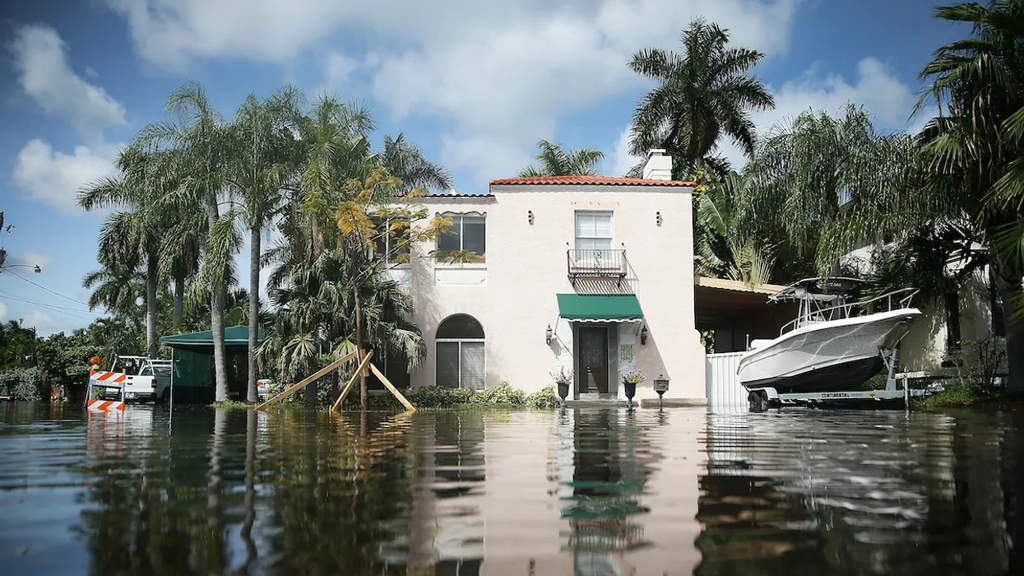
If considering moving to Florida, consider purchasing the right kind and amount of insurance coverage for your new home. Does your lender require flood insurance? Is it in a flood zone?
A typical homeowners insurance policy typically covers the following:
- Dwelling coverage: This covers the physical structure of your home against damage from perils such as fire, windstorms, lightning, hail, and vandalism. It typically includes the main house and attached structures like a garage or deck.
- Other structures coverage: This provides coverage for structures on your property that are not attached to your main dwelling, such as a detached garage, shed, or fence.
- Personal property coverage: This covers your personal belongings, such as furniture, clothing, electronics, and appliances, against damage or theft, both at home and while temporarily away from home. There are limits and exclusions for certain high-value items like jewelry or art, so you may need additional coverage for those items.
- Liability coverage: This protects you financially if someone is injured on your property or if you or a family member accidentally cause damage to someone else’s property. Liability coverage typically includes legal defense costs and settlement payments.
- Additional living expenses (ALE) or loss of use coverage: If your home becomes uninhabitable due to a covered peril, ALE coverage helps pay for temporary living expenses, such as hotel bills, meals, and rental costs, until your home is repaired or rebuilt.
- Medical payments coverage: This covers medical expenses if someone is injured on your property, regardless of who is at fault. It typically covers minor injuries and does not require the injured person to sue for damages.
It’s important to note that homeowners insurance policies may vary in terms of coverage limits, deductibles, and exclusions depending on the insurance provider and the specific policy. Additionally, certain perils, such as floods and earthquakes, are typically not covered by a standard homeowners insurance policy and require separate insurance policies or endorsements.
If you are in interested in purchasing a specific home in a flood zone, ask if the flood policy is transferrable. It could save you a lot of time, cost and headaches down the road.
More things to consider: | Protect the life you’ve built (floodsmart.gov)
Follow me on social media for more Real Estate information:
LinkedIn (64) Julia Montei | LinkedIn
Facebook http://www.facebook.com/juliamonteire
Website: Julia Montei (cbmoxi.com)


 Facebook
Facebook
 Twitter
Twitter
 Pinterest
Pinterest
 Copy Link
Copy Link